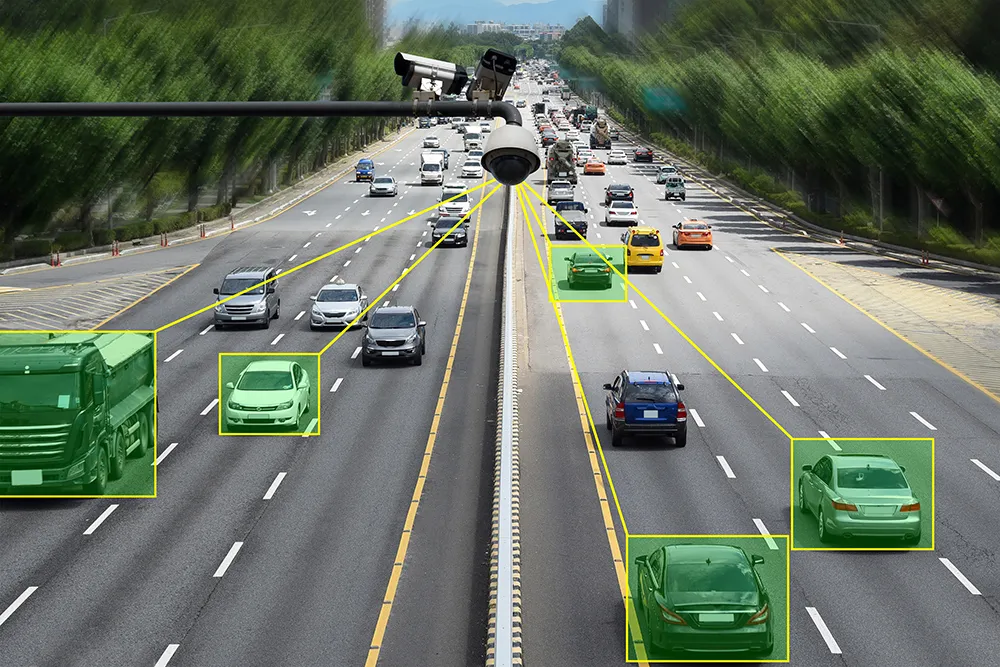Alstom is to test its Aptis electric bus in a range of depots and urban environments in Spain as part of a six-week roadshow.
The initiative will evaluate vehicle’s charging system, autonomy and its performance in traffic. It is starting in the Barcelona Metropolitan area this month and will continue in Madrid and Vigo in February.
Altsom says the vehicle comes with two steerable axles minimise the turning radius and the footprint on the road while an automatic parking system reduces space for parking.
January 23, 2019
Read time: 1 min
The initiative will evaluate vehicle’s charging system, autonomy and its performance in traffic. It is starting in the Barcelona Metropolitan area this month and will continue in Madrid and Vigo in February.
Altsom says the vehicle comes with two steerable axles minimise the turning radius and the footprint on the road while an automatic parking system reduces space for parking.
The video below highlights the vehicle’s interior and low-floor as well as its four steerable wheels.
The bus can be charged through either an inverted pantograph or SRS, Alstorm’s static charging system.









